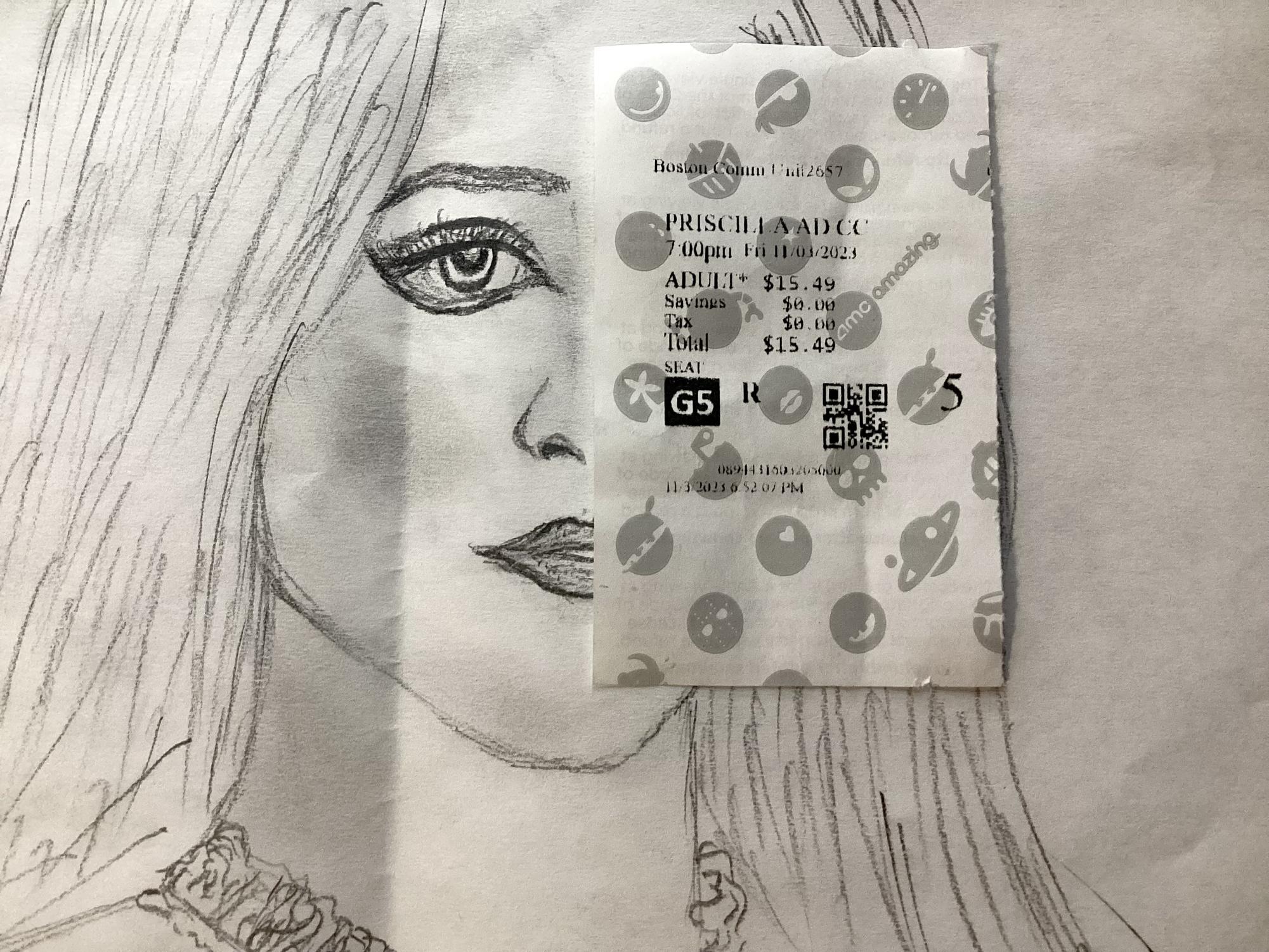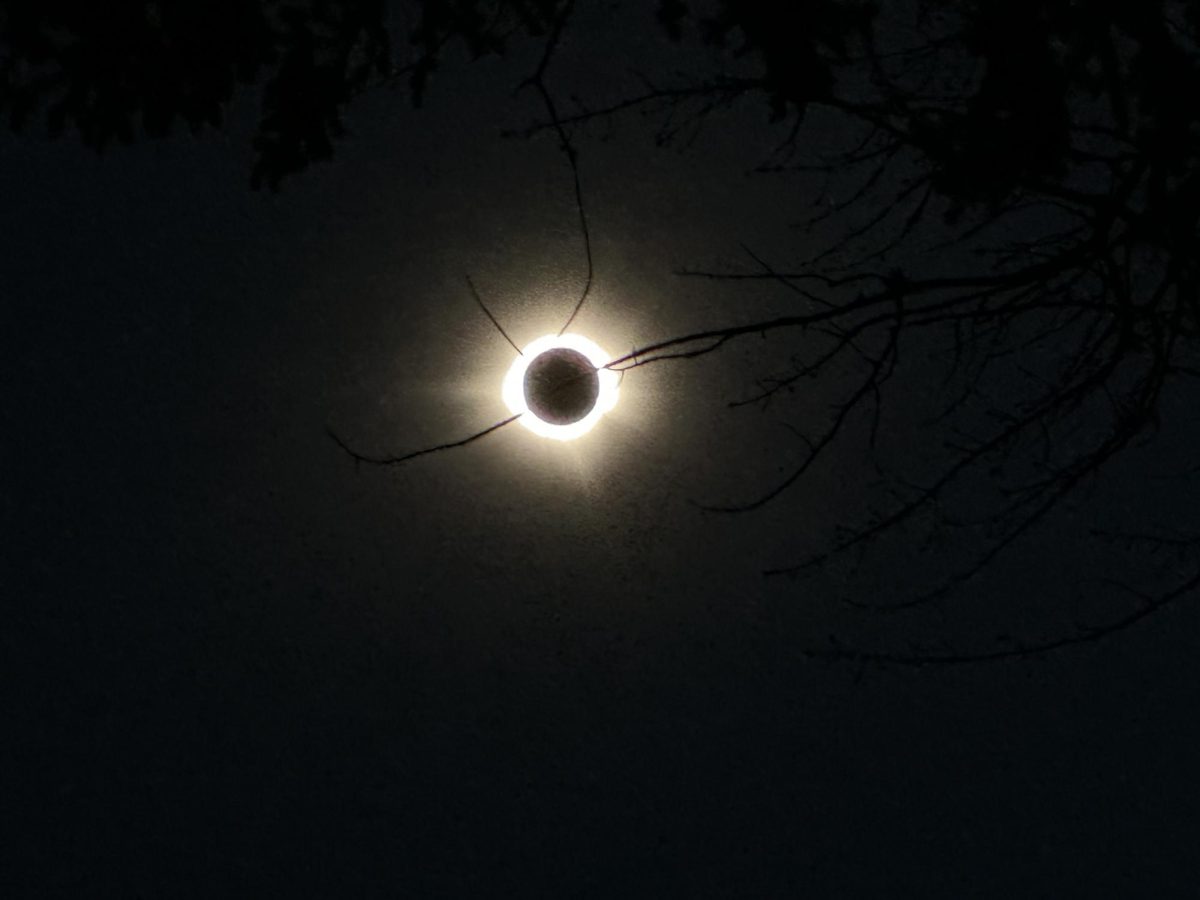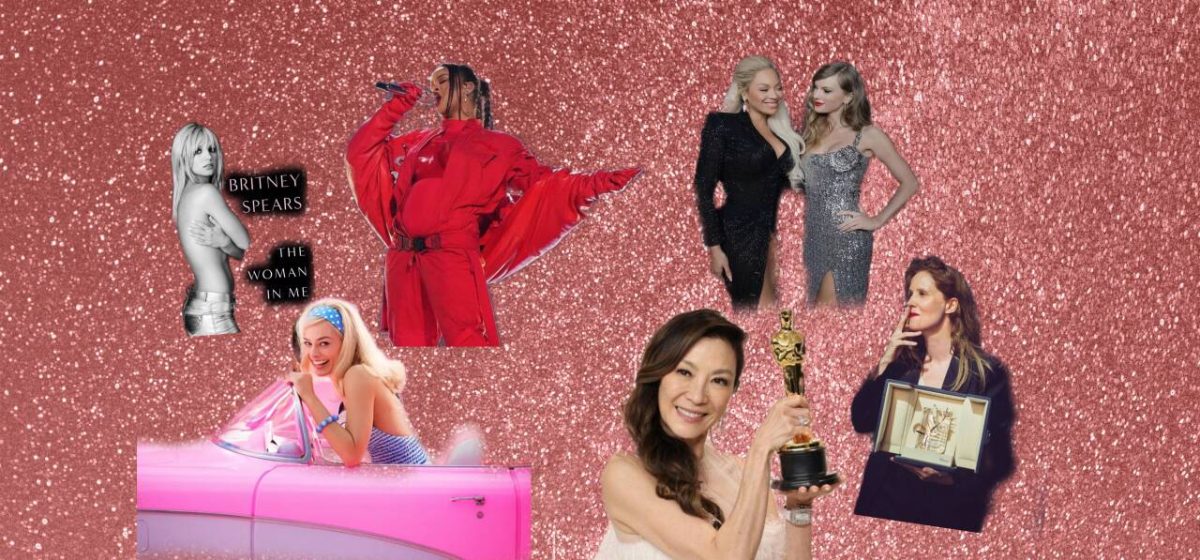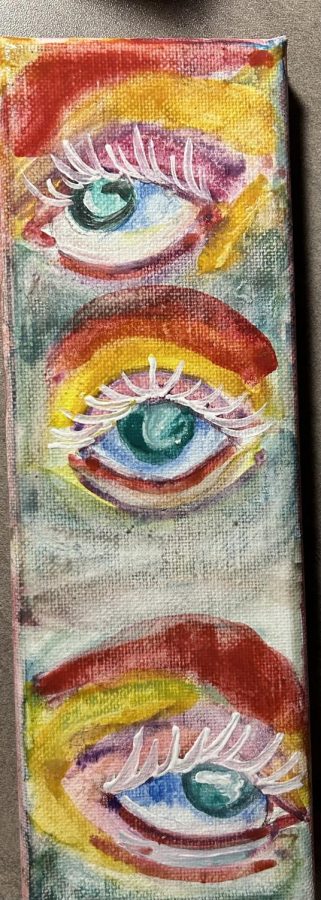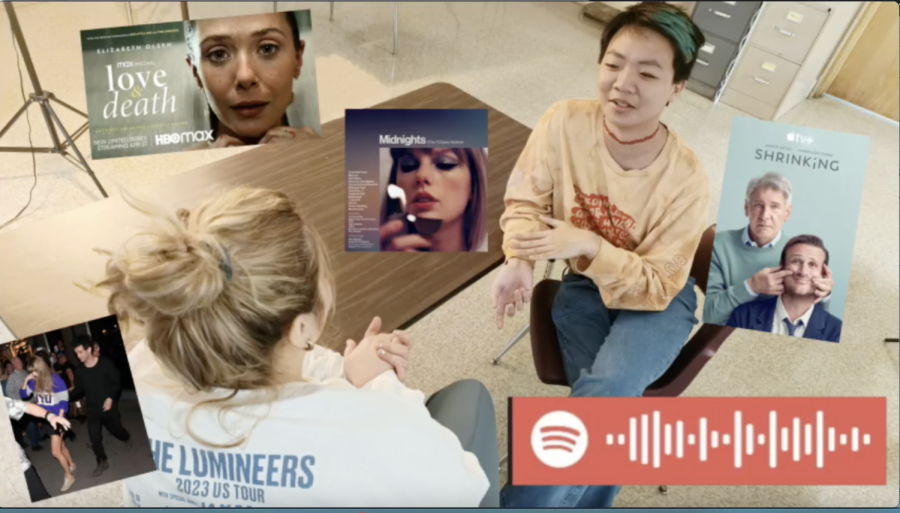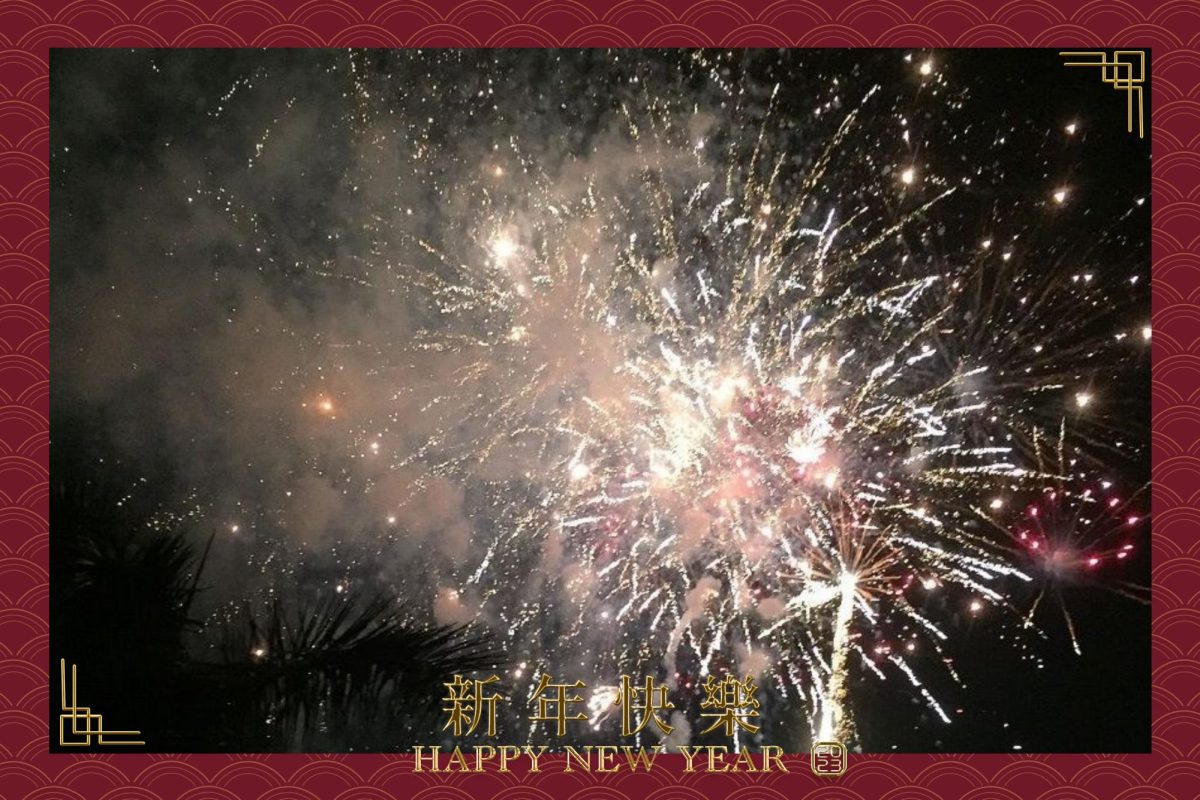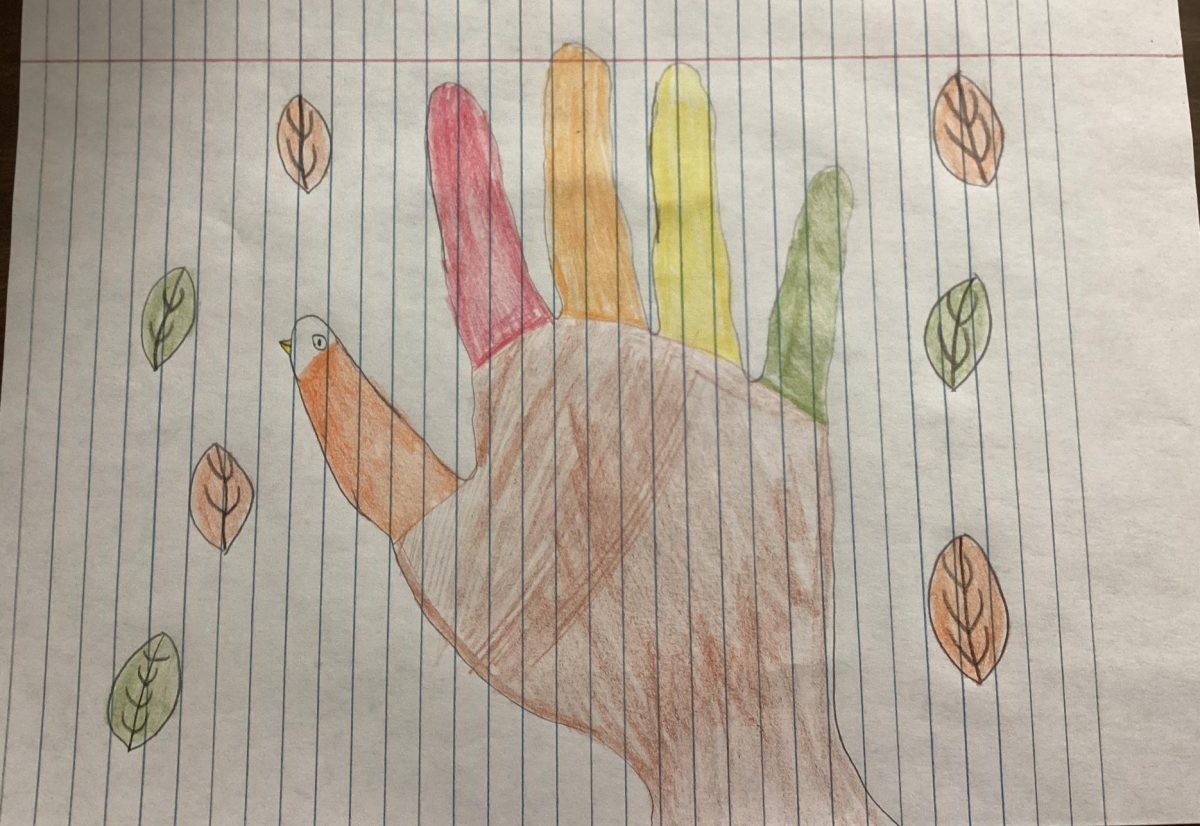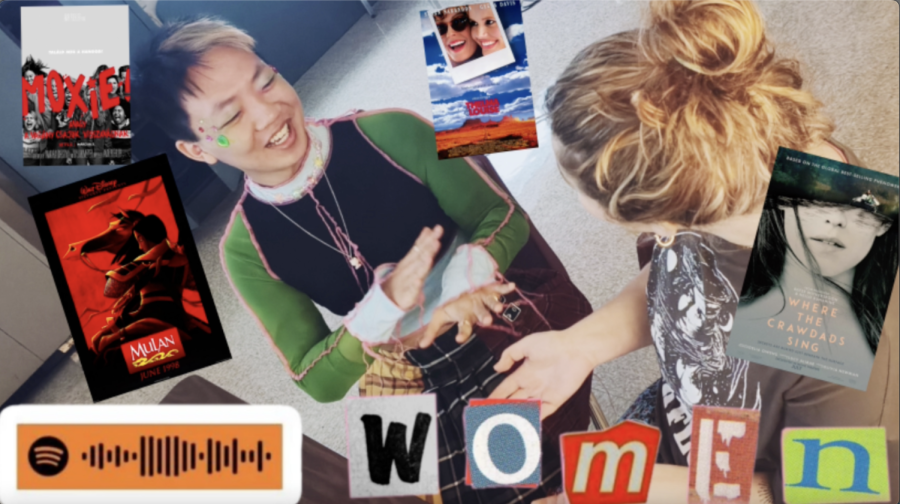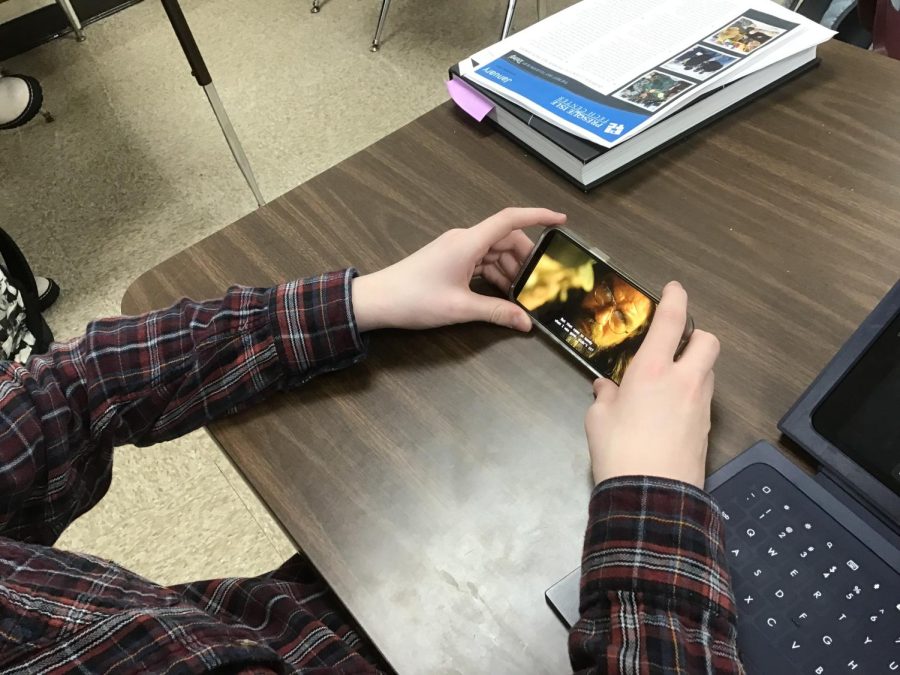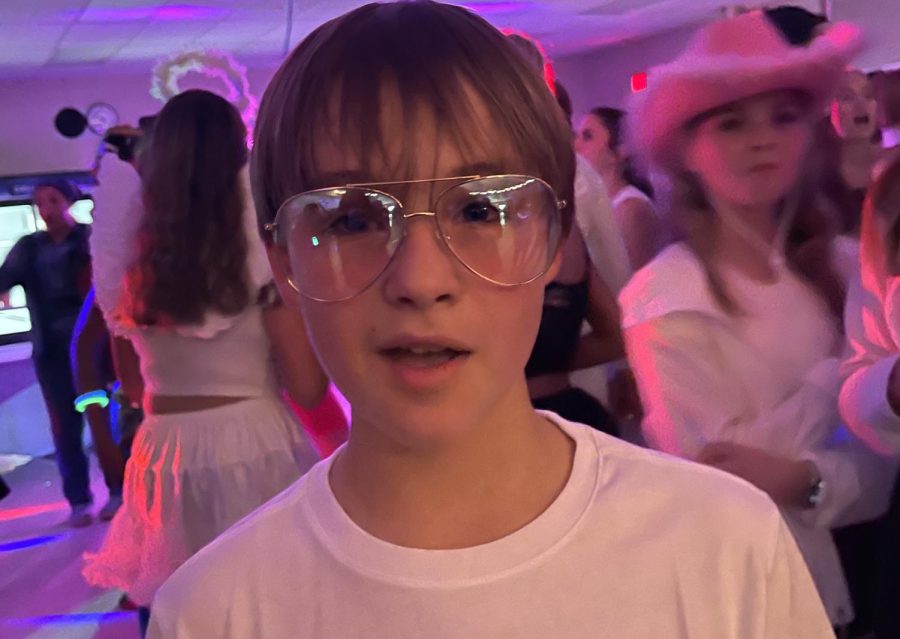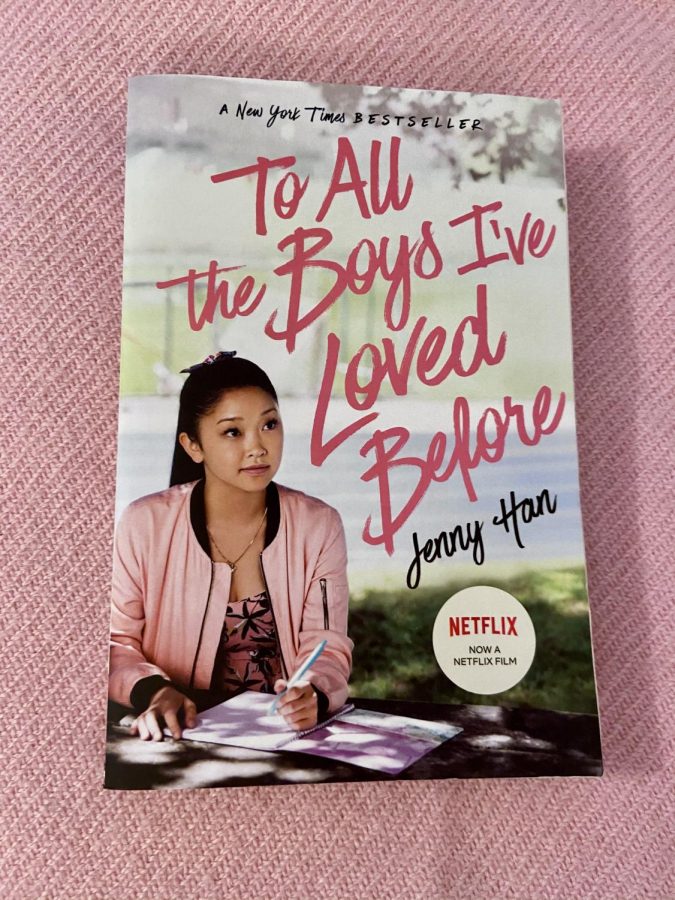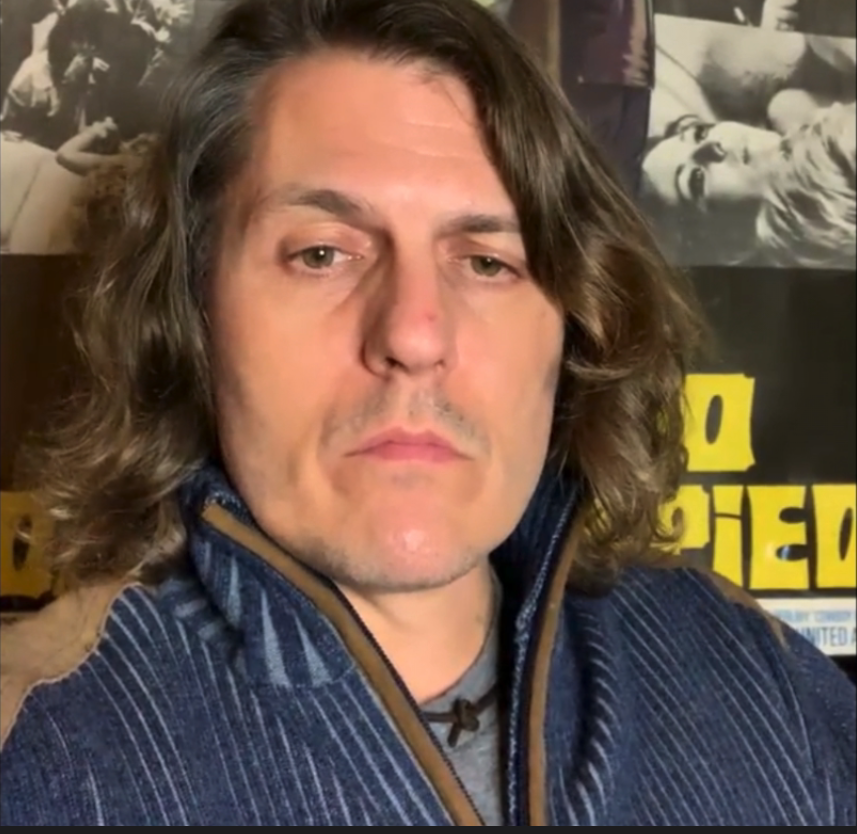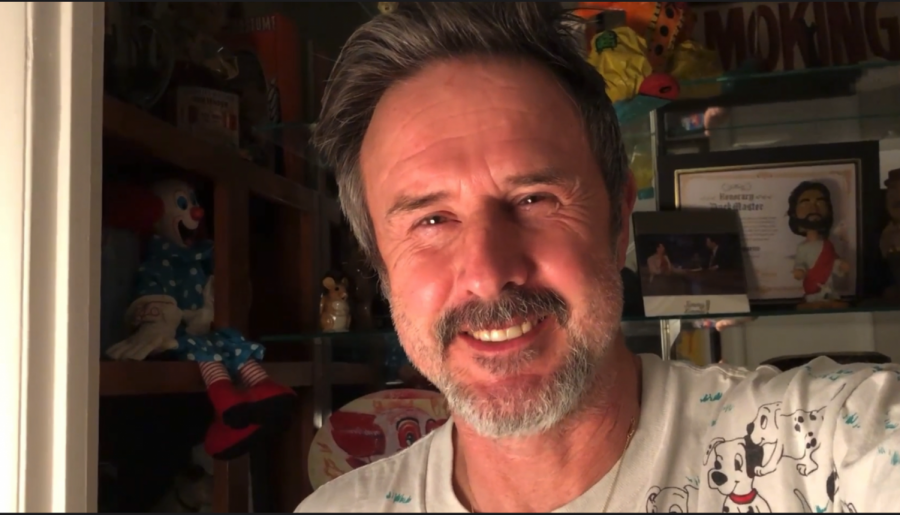On the night of November 3, after a long day of attending sessions and visiting booths at the 2023 National High School Scholastic Journalism Convention (NHSJC) in Boston, I decided to run to the AMC near the hostel we stayed in for a cinematic escape with Sofia Coppola’s highly anticipated film “Priscilla”.
Adapted from the 1986 memoir Elvis And Me written by Priscilla Presley, “Priscilla” unveils the personal life of one of the most iconic yet mysterious figures in American pop culture, Priscilla Beaulieu Presley. The movie’s debut at the 80th Venice FIlm Festival set the audience’s expectations high, as the leading actress Cailee Spaeny was awarded the “Volpi Cup” for Best Actress for her portrayal of Priscilla Presley.
Moreover, for me, the collaboration between my favorite production company A24 (“Moonlight”, “Lady Bird”) and one of the most favored indie female directors Sofia Coppola (“Lost In Translation”) was quite a hook, as well. Biopics on iconic females have been blooming in recent years. While some have done great jobs, some others stirred up controversies, which puts the pressure on “Priscilla” as it is, in fact, the first mainstream female current biopic directed by a woman.
I’d assume that most of the Gen Z reading might not be familiar with Priscilla, but I’m sure we’ve all heard the name of Elvis Presley or even listened to snippets of his music. Interestingly, that’s exactly the case more than 60 years ago. “Wife to the King” was what’s attached to Priscilla’s identity after her marriage with Elvis, so much that it’s even used, whether ironically or not, in the film’s promotional material. “I remember my parents watching Elvis’s live performances on TV, his movies, but I’ve never heard much about Priscilla,” social studies teacher Mr. Hall said. As last year’s Academy Award nominated biography film “Elvis” brought public attention back to the life of the rock n’ roll superstar, “Priscilla” explores an even more obscure facet of the phenomenal relationship that filled the tabloids headlines at the time—-from that of the wife’s perspective.
(SPOILERS CONTAINED FROM NOW ON)
“I’M JUST A GIRL”
From the very first scene of the film, Priscilla is established as a timid, naive target of the male gaze, a fan girl who jumps at an invitation from her idol, Elvis Presley. This makes sense considering she was only 14 – Sofia didn’t try to conceal this at all as Priscilla reveals this information in her first conversation with Elvis. Horrifying if viewed from today’s societal norms and legislation, Priscilla’s age doesn’t seem to stop Elvis from showing his interest in her, both emotionally and physically. As uncomfortable as I was in the movie theater, according to Mr. Maxcy, who has lived in that era, “Some people back then thought it was odd, but many people just didn’t think it was a big deal.”
This is a dark and pathetic truth about the late 1950s, which is why the accurate representation of the power dynamic between Elvis and Priscilla and the society’s general attitude is important, since the film shouldn’t deliver the message that their relationship was in any way reasonable. Jacob Elordi’s performance and Priscilla’s parents’ hesitant yet helpless acquiescence from their first date due to other layers of power dynamic (Elvis being a superstar and friends with the father’s comrade-in-arms) contributes to this aspect pretty well.
However, the characterization of Priscilla didn’t check the box for me. Although there are a few, the film doesn’t give sufficient explanations as to why Priscilla herself would be okay being in a relationship with a man ten years older so quickly. Her fascination comes out as a kind of exorbitant innocence and even stupidity rather than a result of media glamorization and the Prince Charming theory she might have been brainwashed into believing. This lack of attribution has negative effects in scenes like when Priscilla actively tries to get physically intimate with Elvis while the latter resists the “request.” Most of her outburst moments in the film are because of Elvis’ affiliations with other women also. Despite the depth of the character being significantly reduced, the direct consequence of this presentation is the diminishing empathy from the audience. The same mistake happened in last year’s condemned Marilyn Monroe biopic “Blonde” which depicts Monroe as someone who puts herself in dangerous situations. Fortunately, “Priscilla” has a fair balance of Priscilla’s own blind romanticism and Elvis’ manipulations.
PROBLEMATIC ROMANCE
One of the things that many people dislike about the movie is something I assume was included intentionally, speaking as a filmmaker myself. As mentioned previously, Sofia Coppola makes sure that we understand Priscilla’s and Elvis’ age difference early on. Therefore, any scenes that are the so-called beautiful fragments of their relationship, regardless of their dreamy audio-visual and close-ups of joyful expressions, are essentially disturbing. We do not get a sense of sweetness out of them, but instead are disgusted by Elvis’ possessive gazes upon young Priscilla, contrasting her obsessive stares back, making any comments on the purification of the toxicity of the relationship untenable.
Quoting Priscilla herself in the memoir, “Over the years, he [Elvis] has become my father, husband, and very nearly god,” several details in the film address the problematic romance directly. Priscilla’s held-back disappointment when Elvis rejected her request to work, her instinct to apply make-up even on her day of child birth, and her reluctant yet never-ending forgiveness of Elvis’ unpredictable violence were all spectacular. The consistent presence of the Memphis Mafia, who were real-life best friends with Elvis, in nearly all scenes, echoing Elvis and judging and treating Priscilla like she’s a brainless, fine china doll is one of the cleverest elements of the film. Their large numbers and the group mentality bred from that allows the audience to imagine what Priscilla might have felt at those moments. I have to praise the masterful acting by Cailee Spaney as she portrays those subtle emotions so precisely that my heart slitted a little more each time her eyes shiver out of shock and arms cross for self-defense. Having tackled a similar role, Jacob Elordi’s portrayal of Elvis shined through his cocky body language and softened voice pleading forgiveness after his emotional eruptions. Almost all of the well-known manipulation techniques today were masterfully used by Elvis, which makes up some parts of the flaw of Priscilla’s characterization written at the beginning of the review.
HASTY AND CONFUSING WRAP-UP
The last twenty minutes of the movie attempts to present the slowly dwindling sparks between Priscilla and Elvis, as Elvis began to spend less and less time with the former and their new-born daughter. Although this part of the film sticks the closest to the memoir’s writing, it appears to be extremely hasty as it showcases Priscilla’s increasing engagement in the real world and her exploration of her interests outside of being a stay-at-home mom with only a single montage. The lack of cinematic artistry made the flow of this section of film rather stiff and emotionless. “There were people who felt sorry for Priscilla, because Elvis was out there having fun while she was trying to be a good wife and good mom,” Mr. Maxcy recalled. It would likely be better if the film could focus more on her conflicting emotions rather than going straight into actions, which did not add to a more complete picture of her characteristics and comes out a little unrealistic. This applies to the very end when Priscilla drove out of Elvis’ property after their divorce. That was one of the most abrupt endings I’ve ever seen in a movie. Realistic factors such as her financial capability, press pressure and court case were all left out and the only thing that’s maximized by this creative decision is the audiences’ endless question marks.
FINAL THOUGHTS
Priscilla has also succeeded in aspects like maintaining the accuracy of the 60s make-up, hair and costumes. It works together with the production design, original soundtrack and cinematography to create a dizzying and dangerously attractive atmosphere of the period, fitting for their controversial relationship.
Unfortunately, there are still many improvements that could be made, mainly in the structure of the story and the relatively one-dimensional character development of Priscilla. Though it did not meet my initial expectations, “Priscilla” still stands as a thrilling female biopic with outstanding performances and technical brilliance, while having the care for plot details rarely seen in the same genre of films directed by men. It is a much-needed statement to shine light on the significance of acknowledging the complex life experience of well-known female figures and the unspoken or ignored parts of their “her-story.”
Mr. Hall, Mr. Maxcy, and myself also discussed other topics, such as how society’s view on the sexual exploitation of children has evolved, and the reason behind Elvis’ consistent popularity, despite his long list of toxic behaviors, which included what he’d done to Priscilla. “Priscilla” might not necessarily help Priscilla Presley get rid of “The Wife to The King” title but it gives us a glimpse into the world of an ordinary school girl who’s dream so luckily came true yet so brutally shattered.
If you are interested in giving it a try, the film is expected to be streamed from Apple TV soon.

